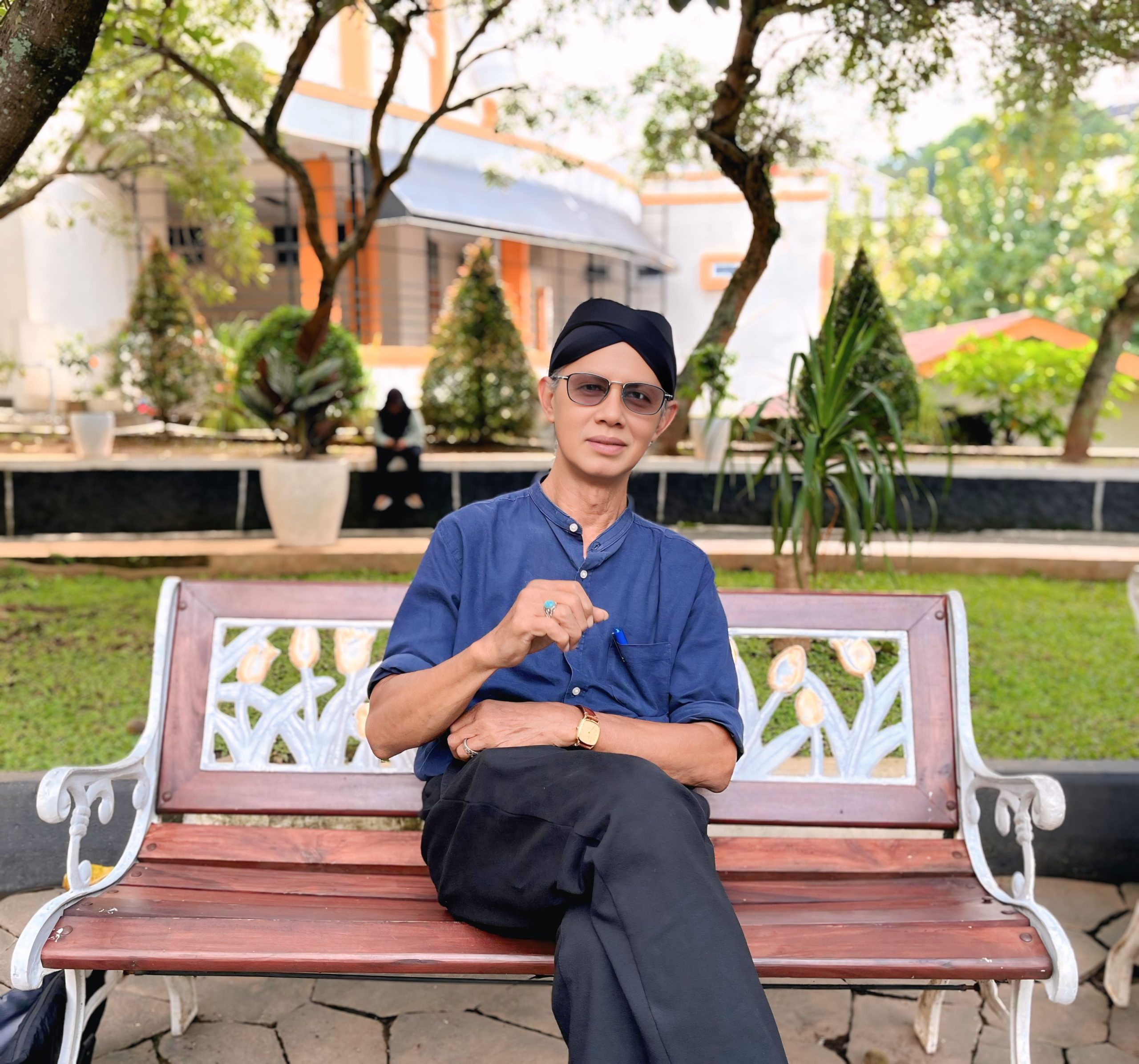Discovering Meaning Behind Culture: Anthropology as a Bridge for Social Understanding
By Prof. Dr. Mudjahirin Thohir, M.S.
(Mudjahirin54@gmail.com)
In an exclusive opportunity, the Public Relations Team of FIB Undip conducted an in-depth interview with one of the esteemed professors of the Faculty of Humanities, Diponegoro University, Prof. Dr. Mudjahirin Thohir, M.S., an expert in Cultural Social Anthropology. While he also has academic expertise in philology, Prof. Mudja’s main focus lies in anthropology as a holistic approach to understanding society.
Beyond his role as a lecturer, Prof. Mudja is also actively involved in advancing academic knowledge and socio-religious movements outside the university. He once served as a National Cultural Heritage Expert, Chairman of the Central Java Regional Research Council (DRD), Chairman of the Central Java Interfaith Harmony Forum (FKUB), and currently holds the position of Head of Research and Development at the Indonesian Ulema Council (MUI) Central Java.
He has also authored several books, among them are: Orang Islam Jawa Pesisir, Memahami Kebudayaan, Metodologi Penelitian Kualitatif, Talbiyah di atas Ka’bah, and Paradoks Keberagamaan, all highly recommended readings.
What Is Anthropology According to Prof. Mudja?
In the interview, Prof. Mudja explained that anthropology is a discipline that studies social, cultural, and religious phenomena through a cultural approach. He emphasized that culture can be understood through three main perspectives:
- Ideational: Viewing culture as a way of life, consisting of ideas, beliefs, and values.
- Behavioral: Understanding culture as patterns of real, observable actions.
- Cultural Materialism: Focusing on the physical products of culture.
As a follower of the ideational approach, Prof. Mudja believes that culture is about the meaning behind reality.
“Take the folktale of Malin Kundang, for example. We don’t just look at the story; we uncover the meaning within the importance of respecting one’s parents,” he expressed passionately.
The Role of Anthropology Today and Tomorrow
Prof. Mudja stressed that change is inevitable in culture. The way people lived in the past cannot be used to judge how they live now or in the future. That’s why the anthropological approach is vital to explaining the shifts in values and meanings that occur over time.
He also highlighted that anthropology can be applied across many fields, including architecture design.
“An anthropologist doesn’t just see a building as a physical structure but interprets the meaning and symbols behind it. Every element carries a message that needs to be understood,” he explained.

Guru Besar FIB Undip
Anthropology Students and Real-World Challenges
According to Prof. Mudja, anthropology graduates from FIB Undip have diverse career prospects. They can become social researchers, community facilitators, cultural policy analysts, or interfaith harmony agents.
“An anthropologist’s job is not to judge but to guide. We must look at society with empathy and help build a more ideal way of life,” said Prof. Mudja, who is also actively involved in mentoring art communities and traditional market vendors in Kaliwungu.
Support from the Faculty Leadership
The Dean of FIB Undip, Prof. Dr. Alamsyah, M.Hum., expressed high appreciation for Prof. Mudja’s contributions to anthropology. He hopes students can truly learn from the vast experience and insights shared by Prof. Mudja.
“His teachings are highly relevant and essential in shaping students’ deep understanding of society and culture,” said Prof. Alamsyah.
This reflects that anthropology is not merely a field of study, it is a lens to understand humans, cultures, and the dynamic nature of social life more holistically and humanely.
Together with Prof. Mudja, FIB Undip continues to grow as a space that connects knowledge, meaning, and compassion.
